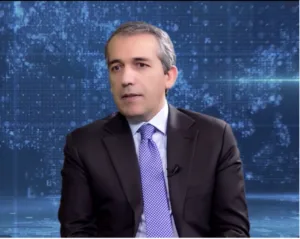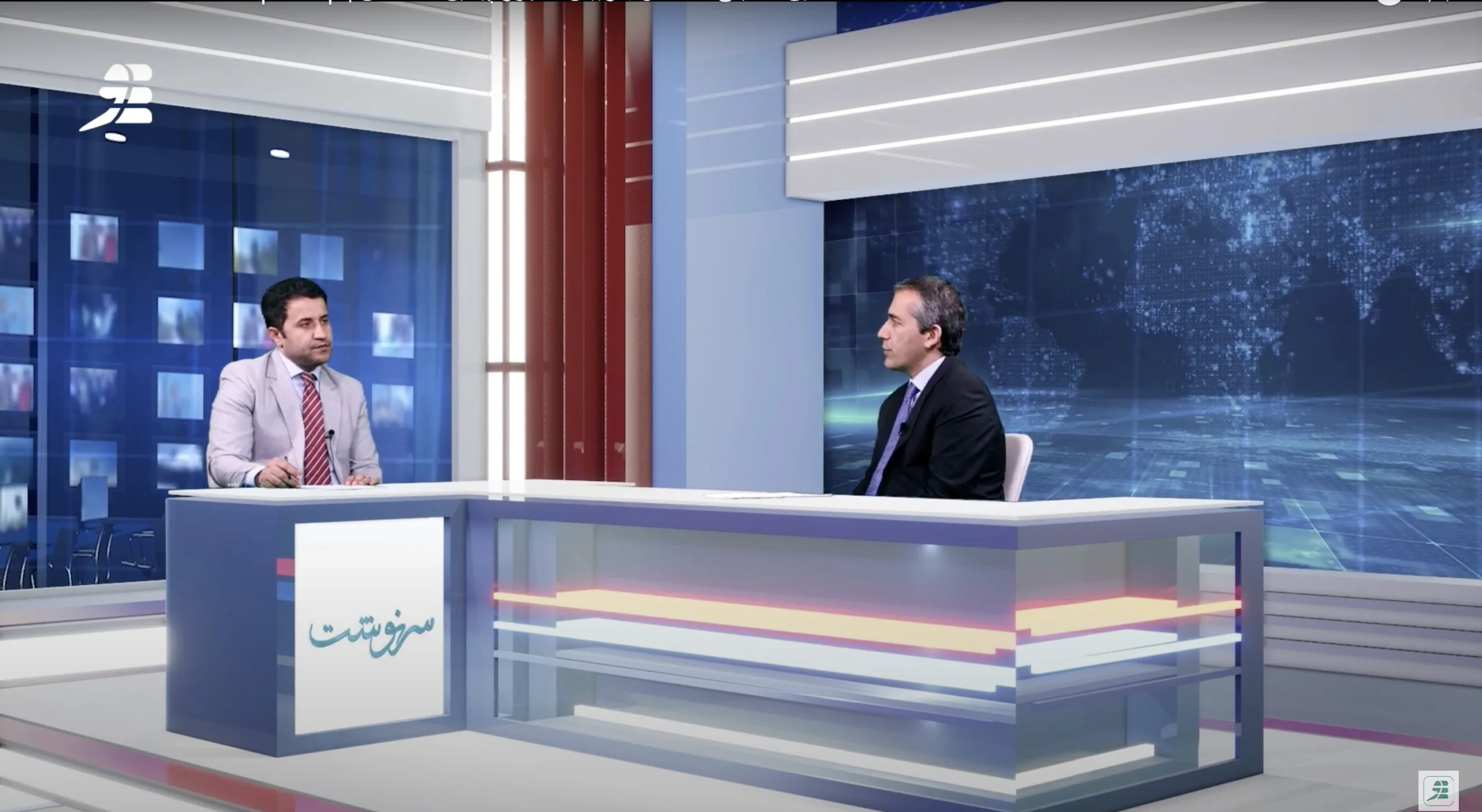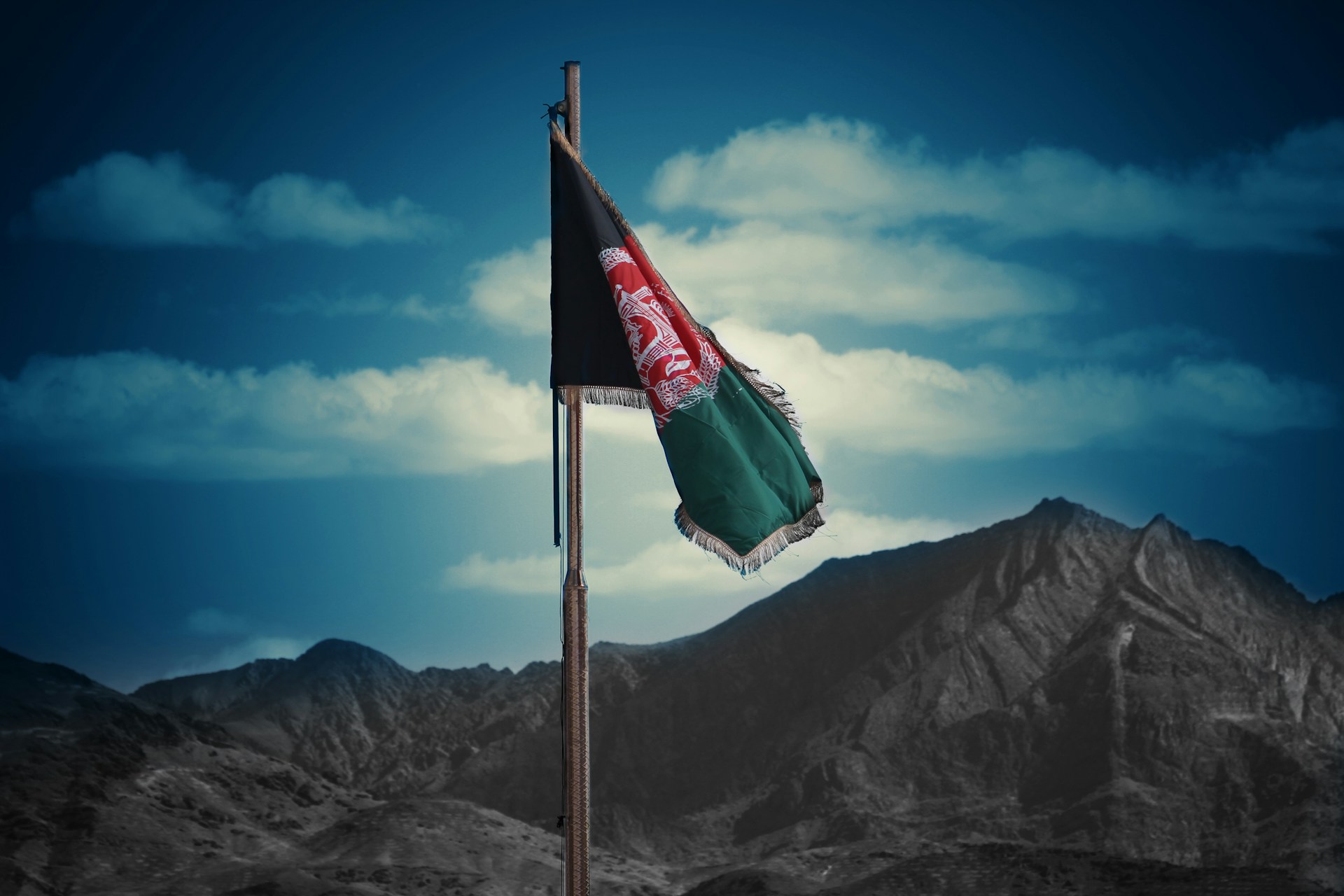Former presidential spokesman Sediq Sediqi says the politicians living abroad must apologise to the people for their failure and inaction.
He believes a permanent and pragmatic solution needs to be found to the multiple problems currently facing the country.
Sediqi, who spoke for ex-president Ashraf Ghani, made the remarks in a special video interview program Sarnawesht (Destiny).
He blamed America’s former special representative for Afghanistan reconciliation Zalmay Khalilzad for ambiguity with regard to the peace process.
The ex-presidential spokesman also assailed power-hungry politicians for interference in security organs. Such moves changed the direction of the peace process.

Politicians need to apologise to people:
Sediqi said a permanent solution to the crisis in Afghanistan should be found, with all politicians taking part in the quest for stability. He claimed the Islamic Emirate’s complete takeover of Afghanistan was a mistake.
He asked political figures to arrive at consensus on steering the country out of the present crisis; otherwise the people of Afghanistan would never accept them.
“Our politicians need to reform themselves. Those who are abroad should learn from the mistakes of the past 20 years.”
He reiterated the politicians who held high positions were accountable to the people and must apologise to them for their failure and lack of efficiency.
“The only way for politicians to win people’s trust is to confess to their shortcomings and seek acceptance from them. They have no other option. They think they are not to blame, though Afghanistan has experienced systemic collapse for several times,” he remarked.
Instead of individual efforts, he suggested, politicians should make collective endeavours for reaching understanding on the political structure of Afghanistan.
Sediqi insisted Afghanistan must be steered out of the current situation as soon as possible. He called for paving the way for the return of the majority of people.
Doha pact and political rifts:
Sediqi called the Doha agreement one of the reasons for the fall of the previous government. He alleged the government and the people were kept in the dark about the peace process in Doha.
The will of the people was disregarded and that was why the process failed, he said.
“Zalmay Khalilzad, former special representative of the US, kept the peace process vague. The previous government and political leaders should have tried to get more details about this,” he opined
Khalilzad launched unconditional talks with the “Taliban” , he recalled, saying intra-Afghan talks had been proposed at the end of the peace process.
The US envoy’s approach and his flawed understanding of Afghanistan caused the peace drive to go astray, the ex-presidential spokesman alleged.
“What Khalilzad said in his interviewswas very different from what at least I witnessed in the Afghan peace process. Khalilzad is now striving to justify what he did — the legacy of an ill-starred agreement that caused the system’s collapse. But he is still defending it.”
Over the past 20 years, he said, political leaders could not bring about a national event that would lead to permanent stability in the country. That was why the previous government collapsed.
In 2014, the national unity government was established in Afghanistan, as a result of mediation by the US, Sediqi recalled. Subsequently, he regretted, divisions in the government emerged and political fragmentation began.
The unity government was the worst experience that triggered serious political differences in the country, where politicians forgot the peace process and there was no opportunity to reach consensus on peace, he grumbled.
Sediqi added political bickering and favoritism created yawning cracks and impeded internal consensus.
Collapse of security forces:
Sediqi said deep differences among political groups and factions and corruption in the country weakened the security forces.
A huge amount of money spent on the security forces and divisions in top offices busted the morale of the security forces.
According to him, the ex-government did not take decisive action to combat corruption in the past 20 years. He also cited political interventions in top-level appointments.
Views: 73












